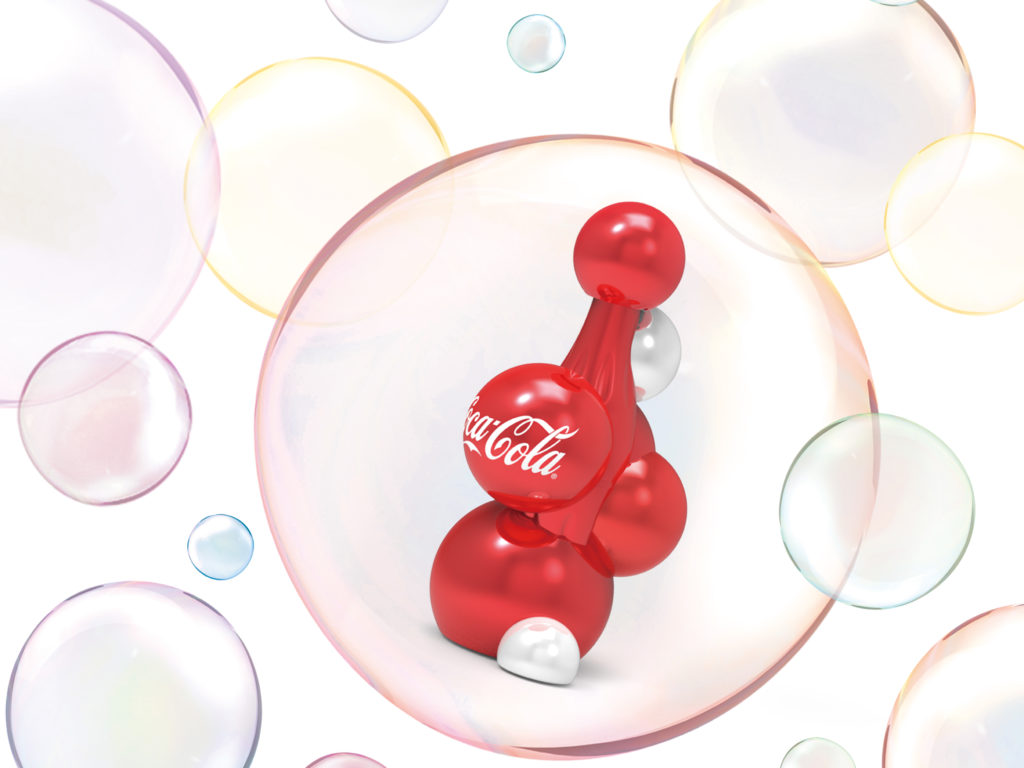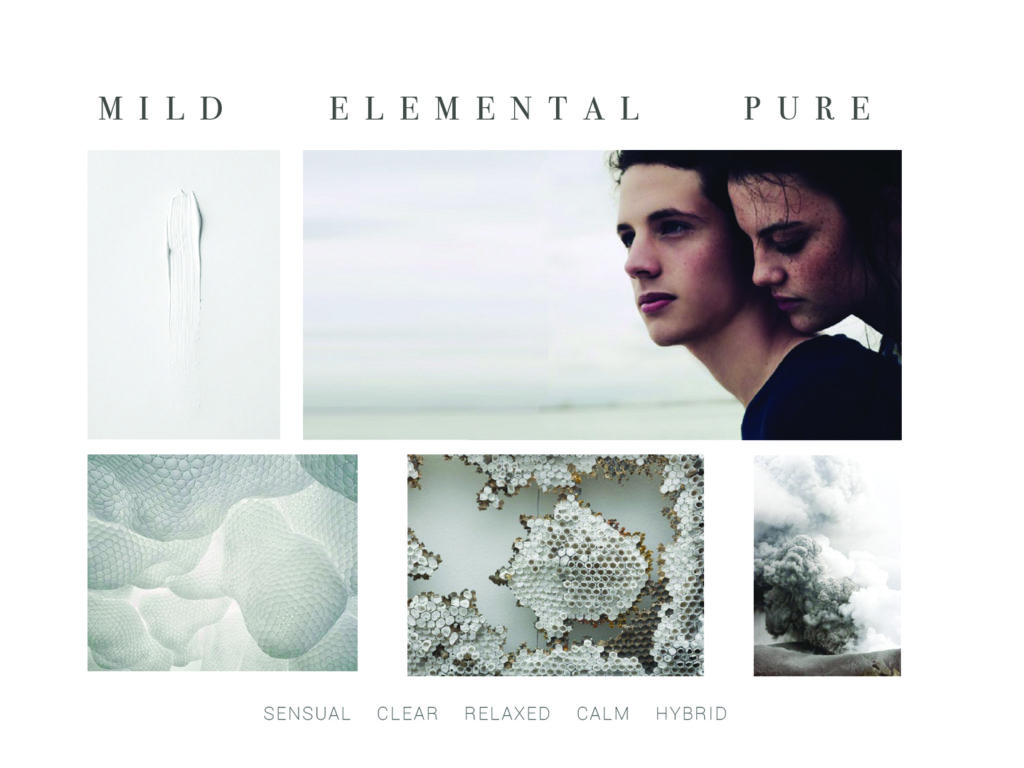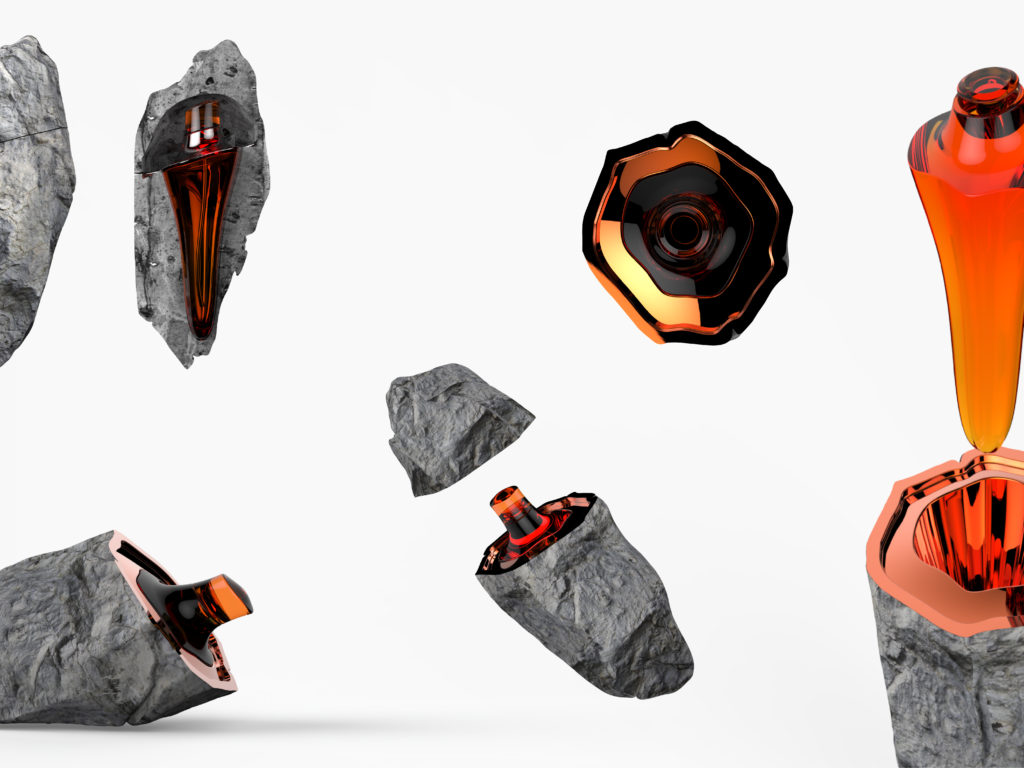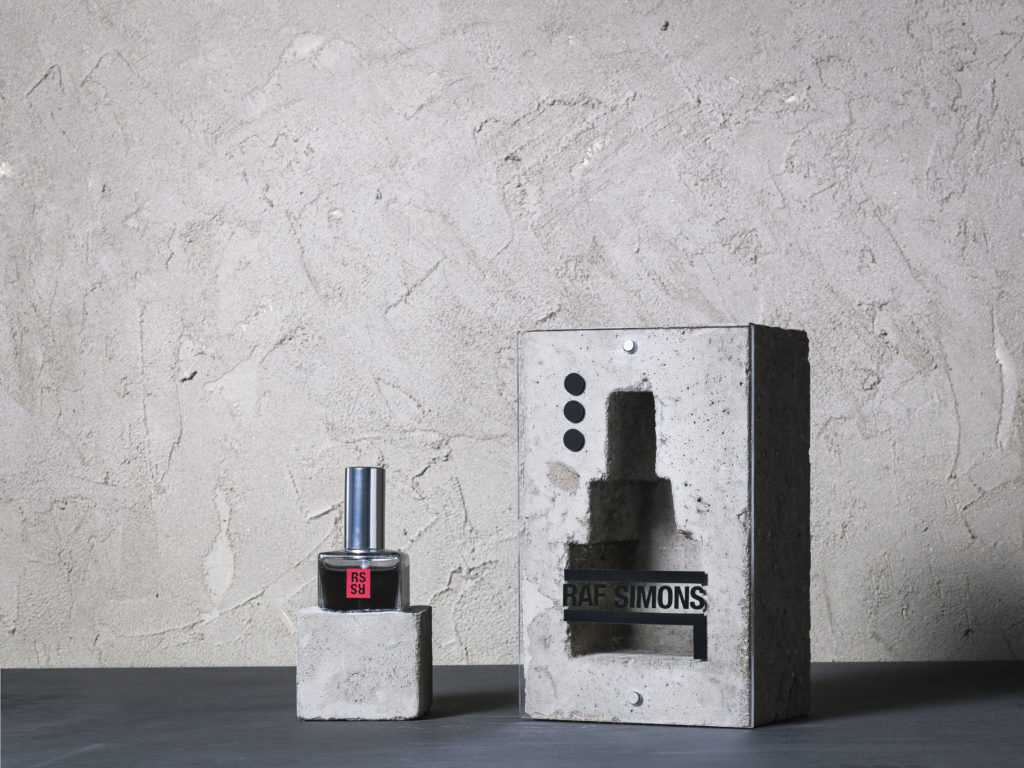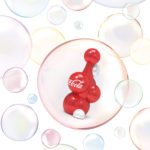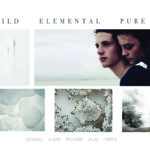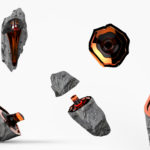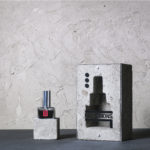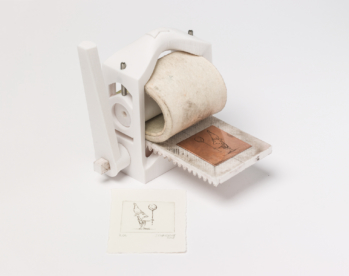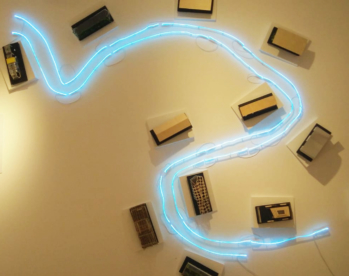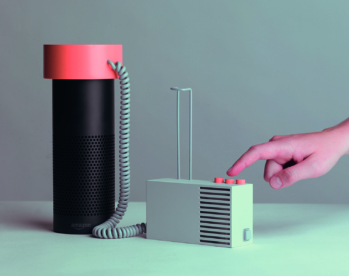In terms of design concepts, the creation of a new fragrance offers an unrivaled and endless possibility to play with content at all levels: from Branding, Naming, Packaging up to Copywriting and Advertising. In the winter term 2015/16, 26 students from different countries and backgrounds have been dealing for one month with the exciting topic of creating a new concept for a scent. The students had the possibility to experiment with different approaches and ways to create a unique result.
There were several possibilities to learn about branding and experiment creatively with the launch of a new product. Some students decided to create a new scent for existing brands, even though they do not have a perfume in their product line – like IKEA or Yamaha – and some students decided to create their own new brand during the project.
Creating a new fragrance means that there are a lot of aspects to consider, since it is not only the concept – or the idea – of a scent, but also the forming of a completely new product look and mood. Students had to choose a suitable name being representative for the scent and thereby demonstrating the entire concept. The color palette, the choice of materials, the final design of the perfume “bottle”, the unique smell, and the desired moods had also to be taken into account. Since the students had to create the entire concept for their chosen scent, they had to go beyond creative approaches and deal with topics of actual branding, market placement, and advertising. Thinking about their target group and the message behind their concept helped the students design the shape of the bottle and communicate it in a convincing way.
The participants teamed up into groups of two people. Each group developed a brand idea, a visualized prototype, and an advertisement layout for their product.
To present and to develop their ideas, creating a concept board was a very helpful tool. A clear concept board, which described their idea clearly and understandably, was therefore the first step to create a consequent concept.
The result of the mid-term project “Fragrance” were 13 surprisingly ingenious fragrances, which were communicated and visualized by texts, renderings, photos, graphics, and even real prototypes.


